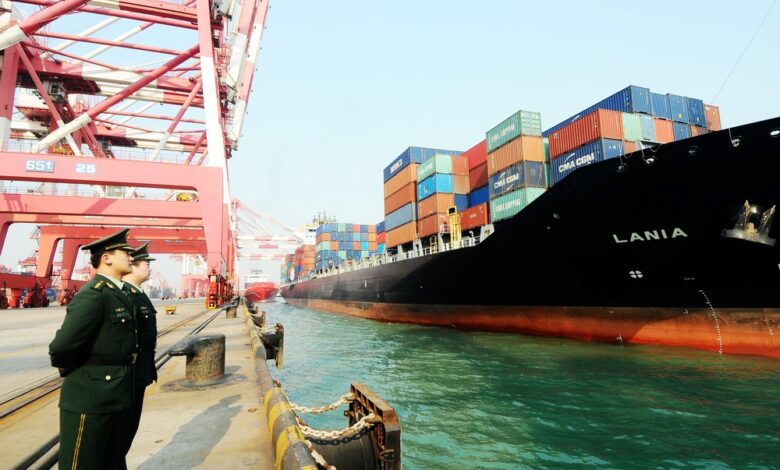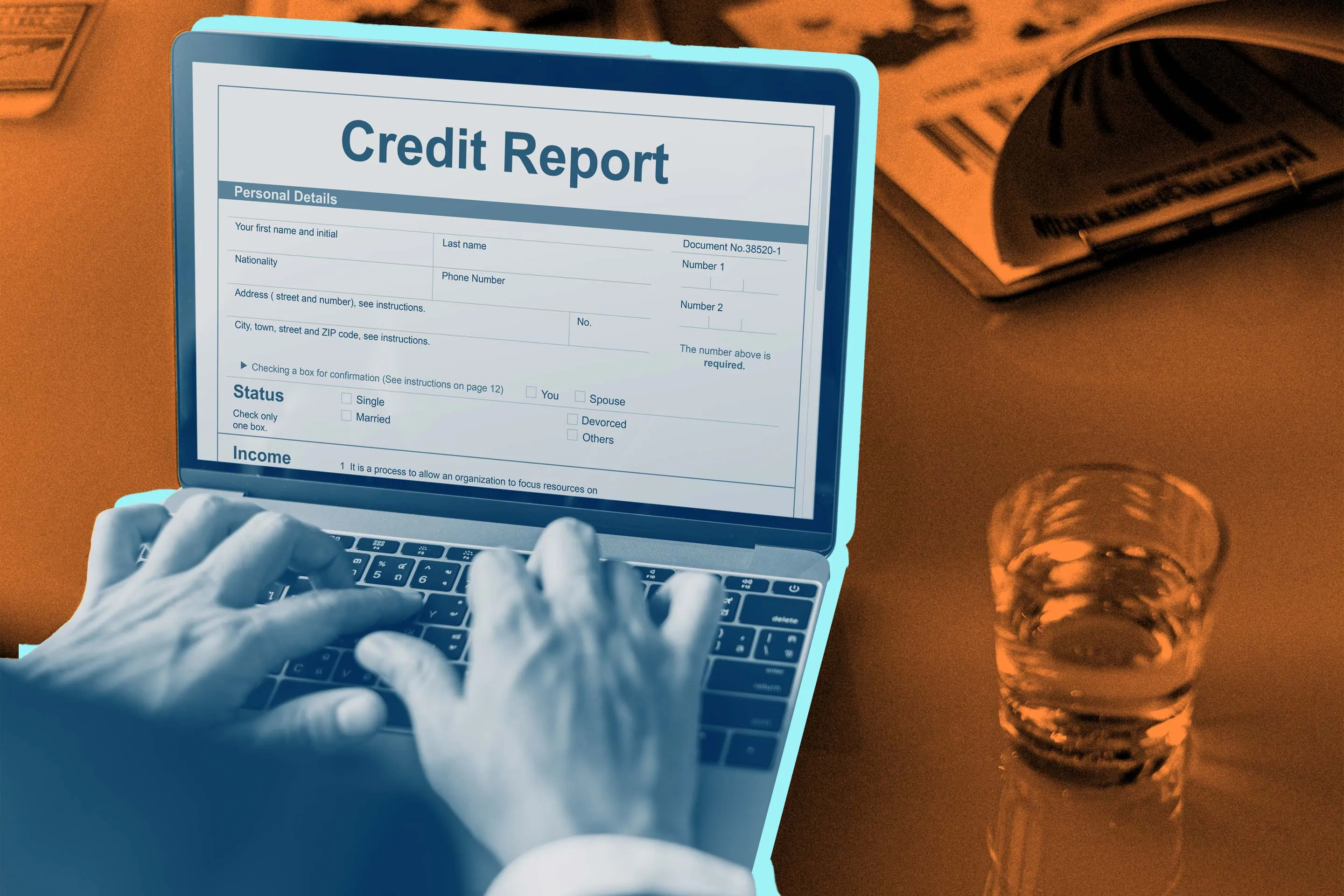Tariffs and the economy – Econlib

The impact of tariffs on the economy has been a topic of much debate and speculation in recent times. There are several key points to consider when analyzing how tariffs may affect different aspects of the economy.
Firstly, it is important to note that the most significant impact of tariffs is not necessarily their effect on inflation or the business cycle. While these factors are important, the long-term economic growth is where tariffs can have the most profound impact. It is crucial to consider not just the immediate effects of tariffs, but also how they may shape the trajectory of the economy in the years to come.
Many economists tend to overestimate the impact of “real shocks” such as tariffs on inflation and the business cycle. While these factors are certainly important, they may not have as significant of an impact on long-term growth as tariffs do. It is essential to look beyond short-term fluctuations and consider the broader implications of trade policies on the overall health of the economy.
Monetary policy also plays a crucial role in determining how tariffs affect the economy. The response of monetary policymakers can influence the impact of tariffs on the business cycle and inflation. However, monetary policy has limited influence on long-term growth, which is where the true impact of tariffs lies.
When assessing the impact of tariffs, it is important to consider how they may affect long-term growth rather than just focusing on short-term indicators like the business cycle and inflation. Even seemingly small effects on long-term growth can have significant consequences for the economy.
In light of the recent trade war, there is a risk of widespread misunderstanding regarding the potential impact of tariffs. The interaction of tariffs and monetary policy could potentially lead to a recession, although the current level of tariffs may not be enough to trigger one on its own. The administration faces a dilemma in deciding whether to back off on the trade war to avoid recession or to press ahead with a more aggressive approach at the risk of economic downturn.
In conclusion, while tariffs may have immediate effects on inflation and the business cycle, their most significant impact lies in their long-term effect on economic growth. It is essential to consider the broader implications of trade policies and their potential consequences for the economy as a whole. By focusing on long-term trends and understanding the complex interactions between tariffs, monetary policy, and other factors, we can gain a more comprehensive understanding of how tariffs may shape the future of the economy.





